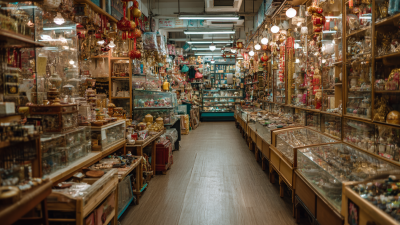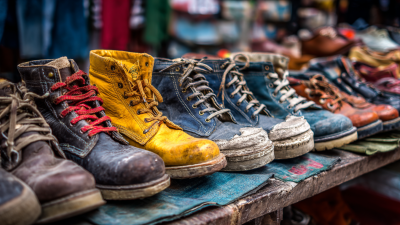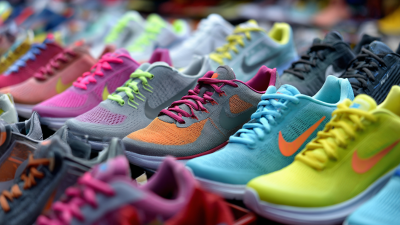Leave Your Message
In recent years, the fashion industry has faced increasing scrutiny over its environmental impact and sustainability practices. As consumers become more conscious of their buying habits, innovative solutions are emerging to promote sustainable fashion. One such groundbreaking approach is the concept of Ukay Shoes Bales, which are bundles of second-hand shoes that have been meticulously curated and made available to a broader audience.
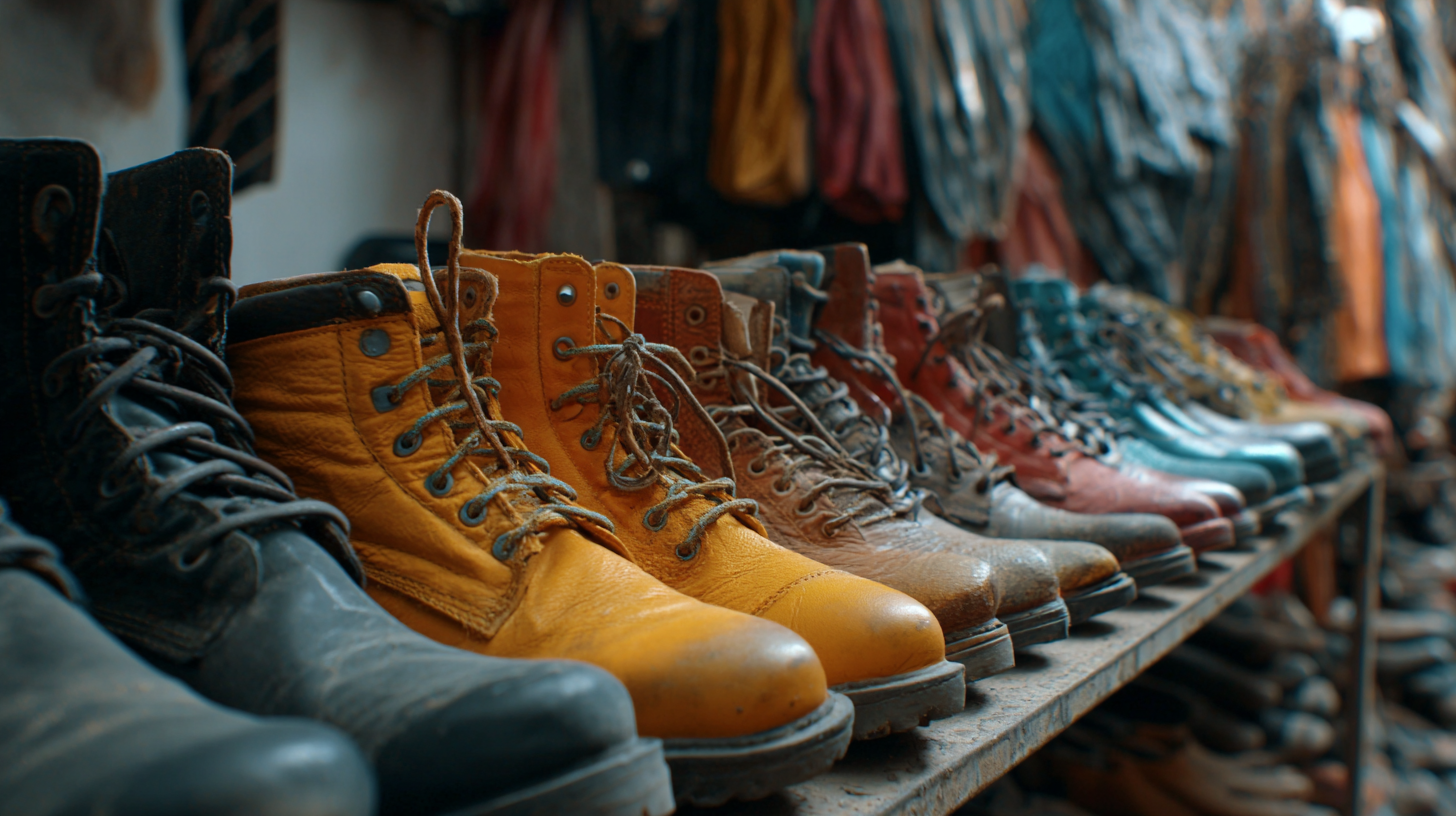 This initiative not only provides an affordable alternative to fast fashion but also significantly reduces waste by giving new life to pre-owned footwear. In this article, we will explore the transformative potential of Ukay Shoes Bales, discussing how they contribute to a sustainable fashion revolution while offering practical tips on how to incorporate this eco-friendly choice into your wardrobe. Join us as we uncover the secrets behind this fascinating movement and learn how you can be part of the solution in the ongoing quest for a more sustainable future in fashion.
This initiative not only provides an affordable alternative to fast fashion but also significantly reduces waste by giving new life to pre-owned footwear. In this article, we will explore the transformative potential of Ukay Shoes Bales, discussing how they contribute to a sustainable fashion revolution while offering practical tips on how to incorporate this eco-friendly choice into your wardrobe. Join us as we uncover the secrets behind this fascinating movement and learn how you can be part of the solution in the ongoing quest for a more sustainable future in fashion.
Ukay shoes bales represent a fascinating aspect of sustainable fashion, embodying both ecological responsibility and economic opportunity. The concept revolves around the sale of second-hand shoes in bulk, often sourced from various regions and resold at affordable prices. This practice promotes a circular economy by extending the lifecycle of footwear, reducing waste, and minimizing the environmental impact associated with mass production. As consumers increasingly seek sustainable alternatives, ukay shoes bales have gained popularity, reflecting a shift toward more eco-conscious shopping habits.
However, the rise of ukay-ukay has also led to significant scrutiny regarding the legality and safety of imported used goods. Recent investigations by authorities have highlighted issues with the regulation of these shipments, with several large-scale confiscations of contraband among the imported clothing. While many entrepreneurs have successfully tapped into the thrift business, creating economic opportunities in their communities, the dual nature of ukay-ukay—its sustainable appeal and the legal challenges surrounding it—serves as a reminder of the complexities within the sustainable fashion movement. As the conversation around ethical consumption continues, understanding the nuances of ukay shoes bales is essential for fostering a truly sustainable fashion landscape.
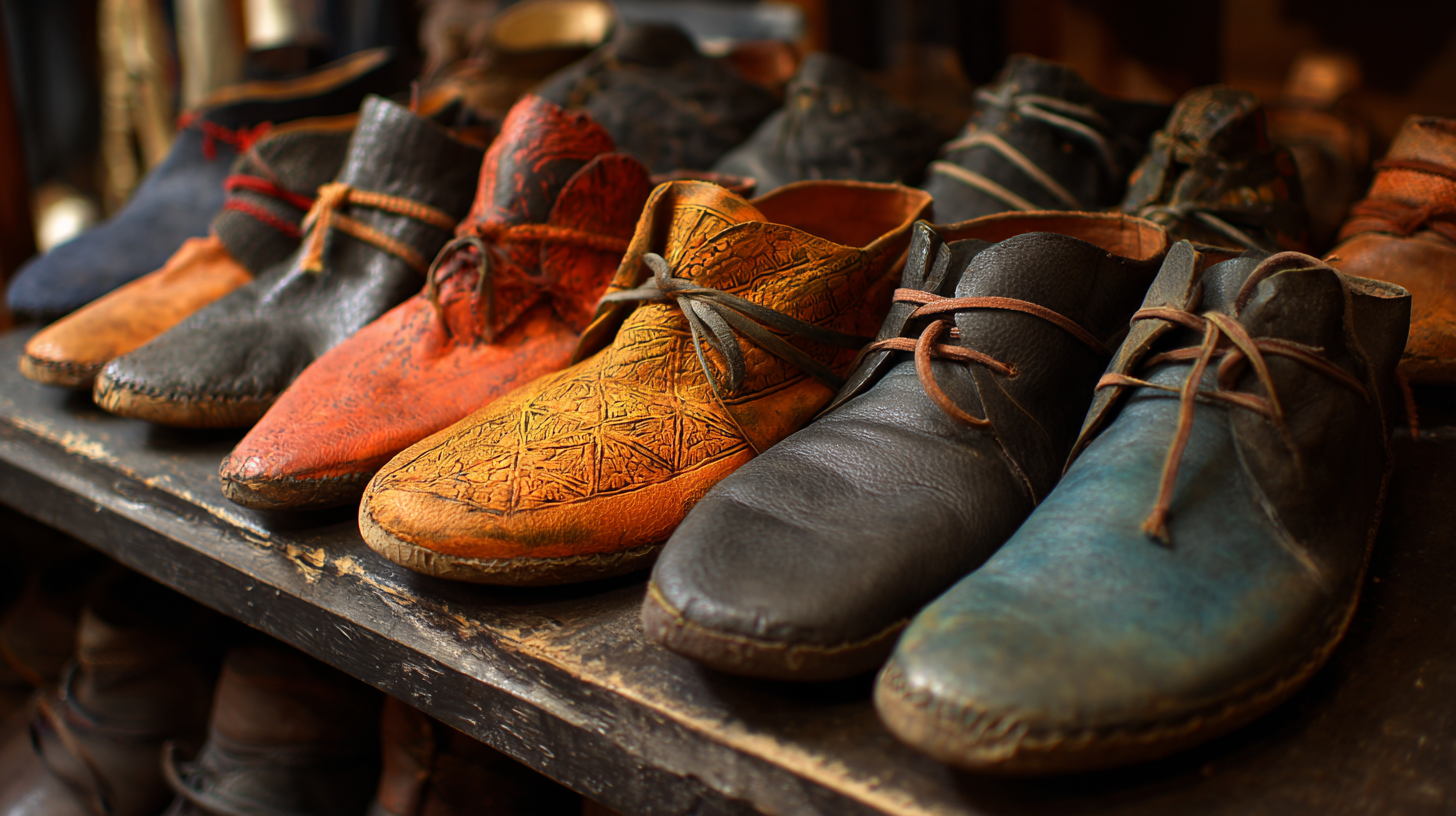
The second-hand clothing market has been witnessing significant growth, driven by increasing consumer awareness about sustainability and the environmental impact of fast fashion. According to a report by ThredUp, the second-hand market is projected to reach $64 billion by 2024, growing 1.5 times faster than the traditional retail sector. This boom can largely be attributed to younger generations, particularly Gen Z and millennials, who are more inclined to make eco-conscious purchasing decisions. These consumers see thrift and resale shops, and platforms like Ukay Shoes Bales, as viable alternatives to buying new items.
The environmental benefits of buying second-hand are extensive. The Ellen MacArthur Foundation estimates that by extending the life of clothes by just nine months, we can reduce the carbon, water, and waste footprints associated with the fashion industry by 20-30%. Ukay Shoes Bales exemplifies this movement by sourcing pre-owned footwear in bulk, allowing consumers to access fashionable options while minimizing their ecological footprint. This model not only promotes a circular economy but also empowers individuals to express their style responsibly, underscoring a shift towards sustainable fashion practices in an industry historically linked to high levels of waste and pollution.
Ukay shoes bales represent not just a unique fashion choice, but also an economic opportunity for both consumers and retailers. As sustainability becomes a core value in the fashion industry, the resale market is projected to grow significantly, with a valuation set to reach $77 billion by 2025. This growth is driven by increasing consumer awareness of environmental issues and a desire for affordable fashion alternatives. By purchasing Ukay shoes, consumers can enjoy high-quality footwear at a fraction of traditional retail prices, while also contributing to a reduction in waste.
For retailers, the economic benefits of selling Ukay shoes bales are substantial. These bales allow smaller shops to offer a diverse inventory without the heavy financial burden of stocking new items. A recent report indicated that 70% of consumers are willing to buy second-hand products, making the resale market a lucrative channel. Retailers can capitalize on this trend by adopting effective marketing strategies that highlight sustainability, thus attracting conscientious consumers.
**Tips:** For consumers, consider exploring local shops that sell Ukay shoes; you may discover unique styles while supporting sustainable practices. Retailers should engage with their customer base by sharing stories behind the products, enhancing the shopping experience and fostering brand loyalty.
The fashion industry is notorious for its significant contribution to global waste, with an estimated 92 million tons of textile waste generated each year, as reported by the United Nations. This staggering figure highlights the urgent need for sustainable practices to mitigate environmental impacts. One innovative approach gaining traction is the resale of Ukay shoes bales, which promote the recycling and repurposing of pre-owned footwear. By diverting these items from landfills, the Ukay model exemplifies a circular economy, sparking a transformative shift within the fashion realm.
Sustainable practices such as these not only reduce waste but also challenge the norm of fast fashion, which is responsible for producing over 80 billion garments annually, according to a report from the Ellen MacArthur Foundation. Embracing second-hand and resale markets, like Ukay shoes bales, can significantly lower production demands and resource consumption. By supporting such initiatives, consumers play a vital role in reducing the carbon footprint associated with new clothing production, fostering a more responsible and environmentally friendly fashion future.
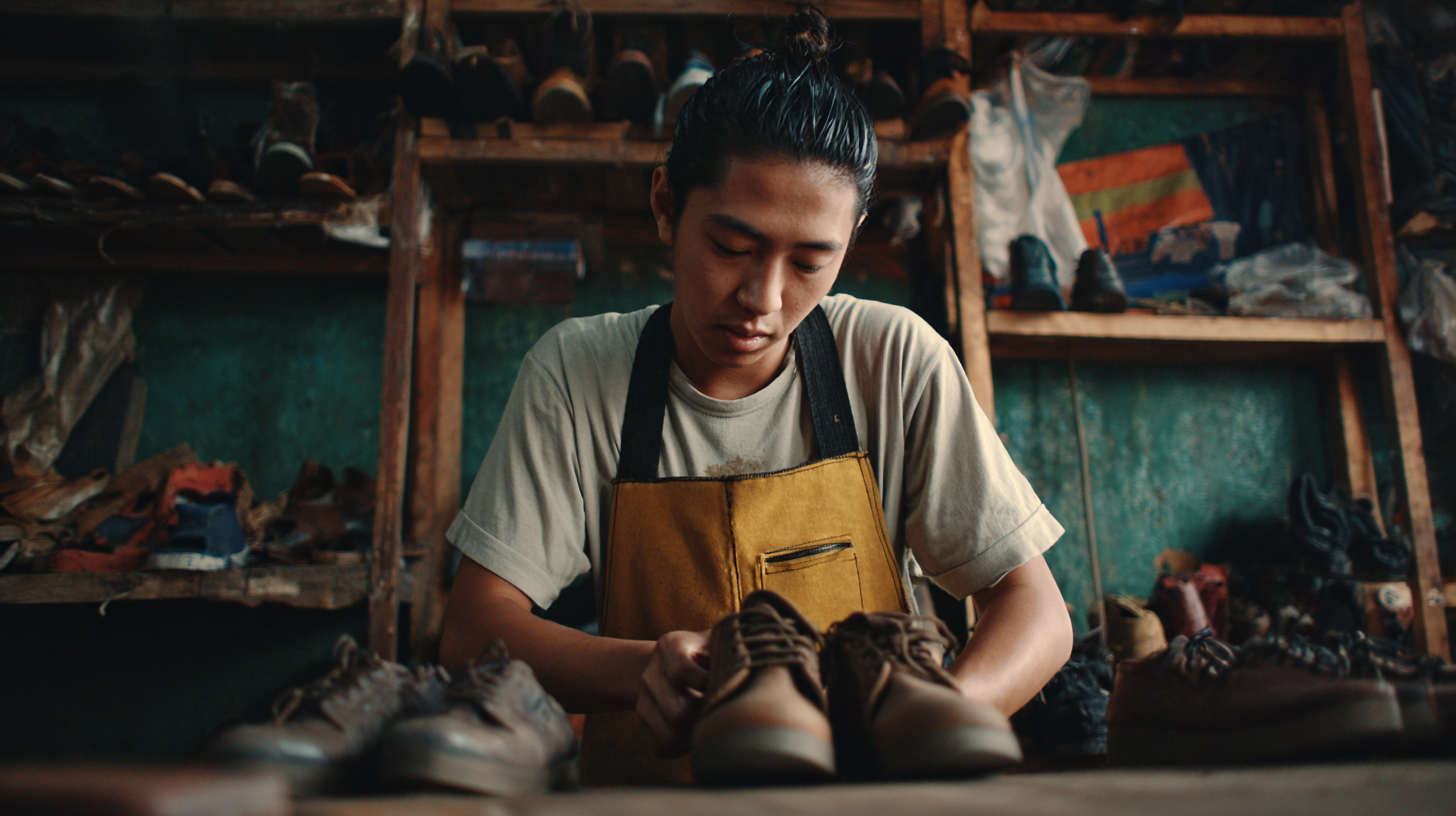
Embracing the trend of sustainable fashion, Ukay shoes offer an exciting opportunity to express individuality while prioritizing environmental responsibility. Selecting the perfect pair begins with understanding your personal style and lifestyle needs. Consider the occasions you plan to wear them for—whether casual outings or more formal events. Look for unique textures, patterns, and colors that resonate with your aesthetic. Thrifted finds often boast character and charm, making them ideal foundations for a distinctive wardrobe.
Upcycling is a fantastic way to breathe new life into Ukay shoes. With creativity, you can transform a pair of worn-out shoes into a fashion statement. Start by cleaning and repairing them, and then unleash your artistic flair through DIY techniques like painting, embellishing, or even dyeing. Adding personalized touches not only makes your shoes one-of-a-kind but also showcases your commitment to sustainability. This process encourages mindful consumption and creativity, aligning perfectly with the ethos of sustainable fashion.
| Category | Average Price Range (USD) | Unique Features | Sustainability Benefits |
|---|---|---|---|
| Casual Sneakers | $15 - $40 | Comfortable, versatile designs | Reduces waste, supports recycling efforts |
| Sport Shoes | $20 - $50 | High durability, trendy patterns | Encourages reuse of materials |
| Formal Shoes | $30 - $70 | Classic styles, various colors | Promotes slow fashion and reduced carbon footprint |
| Boots | $25 - $80 | Durable materials, weather-resistant | Encourages the use of second-hand products |


